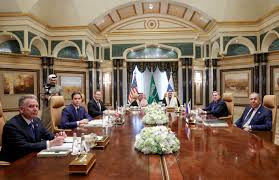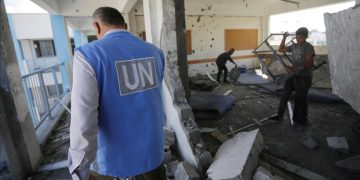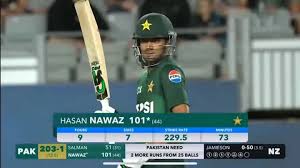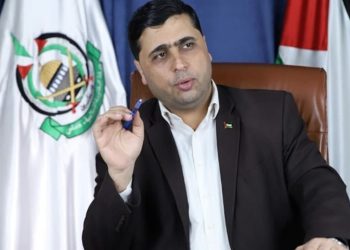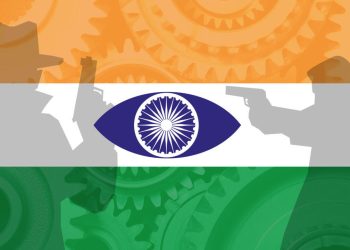India on Wednesday advised its nationals in Canada to exercise caution as ties between the two countries dropped to a new low following allegations of New Delhi’s involvement in the murder of a Sikh leader.
Tension has grown since Prime Minister Justin Trudeau said earlier this week Canada was investigating “credible allegations” about the potential involvement of Indian government agents in the murder of Hardeep Singh Nijjar in British Columbia in June.
“In view of growing anti-India activities and politically-condoned hate crimes and criminal violence in Canada, all Indian nationals there, and those contemplating travel, are urged to exercise utmost caution,” India’s foreign ministry said.
Prime Minister Narendra Modi’s government has rejected outright Canada’s suspicions that New Delhi’s agents had links to the murder.
“Given the deteriorating security environment in Canada, Indian students in particular are advised to exercise extreme caution and remain vigilant,” the ministry added in a statement.
India has been the largest source nation for international students in Canada since 2018.
That figure rose 47% last year to nearly 320,000, making up about 40% of total overseas students, says the Canadian Bureau of International Education, which also helps institutions provide a subsidised education to domestic students.
On Wednesday, a private entertainment company, BookMyShow, announced the cancellation of an India tour by Canadian singer Shubhneet Singh.
Canadian officials have so far declined to say why they believe India could be linked to Nijjar’s murder.
India’s main opposition Congress party also backed the government’s rejection of the accusations, urging a stand against threats to the country’s sovereignty.
“Trudeau’s defence of declared terrorist Hardeep Singh Nijjar is absolutely shameful and shows how much the present Canadian regime is in bed with Khalistani sympathisers,” Abhishek Manu Singhvi, a senior Congress lawmaker, posted on social media platform X, formerly known as Twitter.
Khalistan is the name of an independent Sikh state whose creation was the goal of a bloody Sikh insurgency in the 1980s and 1990s in India’s northern state of Punjab, during which tens of thousands were killed.
As the ruling party at the time, Congress led the fight against the separatists and eventually suppressed the insurgency.
But it took the lives of key Congress leaders Prime Minister Indira Gandhi, who was assassinated by her Sikh bodyguards in 1984, and Punjab Chief Minister Beant Singh, who was killed in a bomb blast by Sikh separatists in 1995.
New Delhi has long been unhappy over Sikh separatist activity in Canada and urged it to act against anti-Indian elements.
A former chief of India’s external spy agency, the Research and Analysis Wing, said it was strange Trudeau had announced the expulsion of an Indian diplomat in parliament.
“We don’t do these things,” the Economic Times newspaper quoted A.S. Dulat as telling the Press Trust of India news agency. “We do not go around assassinating people, let me make this very clear.”
Canada has the largest population of Sikhs outside the Indian state of Punjab, with about 770,000 people reporting Sikhism as their religion in the 2021 census.
Some Indian analysts say Ottawa does not stop Sikh protesters as they are a politically influential group.
“Trudeau appears to be engaging in toxic domestic politics by playing to the extremist fringe of the Sikh diaspora,” the Indian Express newspaper said in an editorial, urging that the row be defused.






